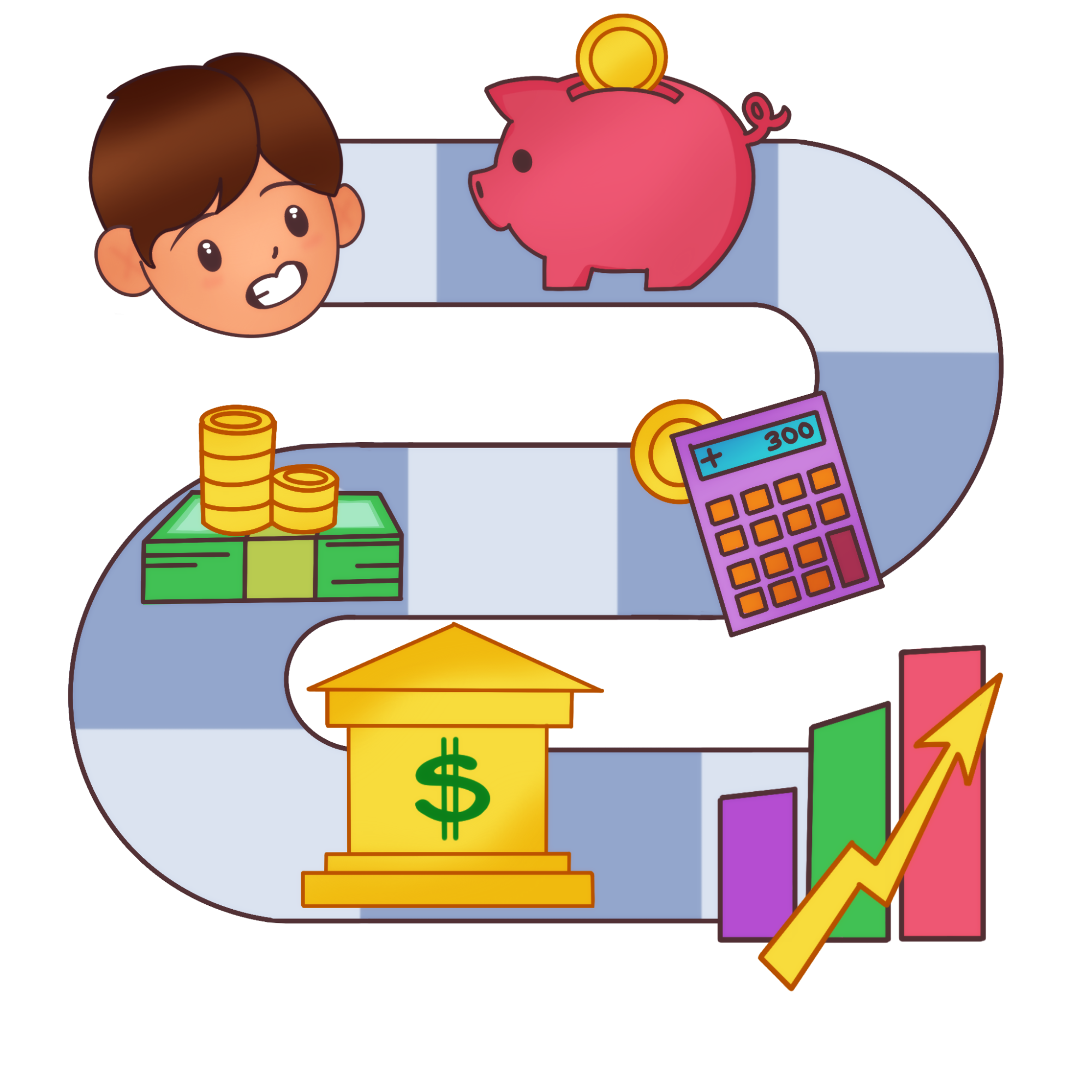Assembly Bill 2927, passed on June 29 by the State Assembly, will add financial literacy as a high school graduation requirement starting with the Class of 2031.
The law allows districts to substitute either a local graduation requirement or an economics class for financial literacy. Economics teacher Grant Blackburn said Paly is leaning toward making economics an elective instead of a requirement.
Economics teacher Grant Blackburn said it is vital for teens to learn about personal finance.
“You shouldn’t just be lucky enough to have been born with parents who know about this stuff, and you learn about it through your parents,” Blackburn said. “Everyone should know how to do this stuff, and hopefully, that means people fall to scams less often. People make better financial decisions that will help a lot of people out.”
Senior and co-president of Economics Club Karen Yang said she does not think replacing Economics with a financial literacy class is smart since economics teaches a critical way of thinking.
“It gives you this model that is simplified but it can be applied to many areas,” Yang said. “It gives you a better understanding of why people made these decisions and what are the benefits or losses and ‘is this an efficient way of allocating resources’ when politicians or companies make decisions that impact our financial situations.”
While Blackburn supports teaching students about financial literacy, he is concerned about replacing Economics as he said he doesn’t know how getting rid of that class will impact students’ knowledge of the outside world.
“Economics can help you with understanding why pollution happens, understanding why people make the choices they make, why monopolies and oligopolies are good for business, but bad for consumers,” Blackburn said. “There’s so many different topics that economics covers that are really, really important.”
Yang agreed and said economics explains theories that underlie what people might think of as the best financial decisions.
“For example, understanding scarcity is a little farther from how we manage our money in our daily lives, but the concepts are important if you want to put your decisions into a bigger picture,” Yang said “Even if you want to do stocks or bonds, you need a more coherent theory, like a model, in your mind.”
In addition to understanding stocks or bonds, Yang said economic understanding is fundamental in her everyday life.
“Since we’re learning in school, we have a lot of time,” Yang said. “It would make sense for us to build a more fundamental theory and then get into the practical stuff because you can’t spend a whole semester just remembering stuff you need to do that might not be applicable to you right now.”
Yang also said although economics is popular as a college major, it also sounds foreign, which could scare people from taking it.
“Financial literacy is really direct in terms of: you’re going to be able to understand how you manage your bank accounts, how you do savings and the rates that give you the highest return,” Yang said. “But (economics) is hard to really summarize and be taught to people in one or two lectures, so if Economics becomes an elective, then people might not have the interest and time to ever get to know it.”
Blackburn agrees and said in the wake of poor financial advice proliferating online, he has noticed trends that could lead to students making ill-advised financial decisions.
“People are on their phones a lot, which means they’re on their social media a lot, which means they tend to make a lot of impulsive decisions,” Blackburn said. “The biggest concern that I would have is helping anybody, not just students, to be less impulsive, to be more deliberate about the decisions they make, especially when they’re on a platform like social media, whose whole job is to get you to click.”
While junior and Economics Club vice president Jerry Yan said he understands why it’s necessary to have financial literacy as a graduation requirement, he said he would still prefer taking an economics class over a financial literacy one because he said economics is necessary to understand the news and get the best deals.
“I know a lot of kids on Roblox, and they spend $1,000 for one day,” Yan said. “I don’t think that’s a good financial decision, and I can see why Gavin Newsom signed the bill, but from that, I think there are better moves, but this is a move to stop kids from buying $1,000 of Robux.”
Yan said he believes financial literacy should be integrated with either Living Skills or Economics to be one curriculum.
“It’s kind of like the situation with Living Skills,” Yan said. “You learn about more practical things — it’s easy to understand, easy to digest. That’s why it’s a one-semester course. I believe that we could still stuff a little more things into Living Skills, but I also think that you could probably stuff economics and financial literacy into one course too.”


